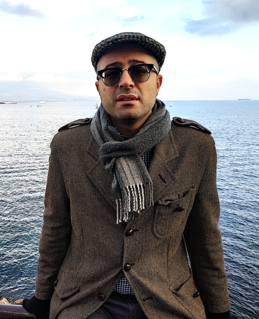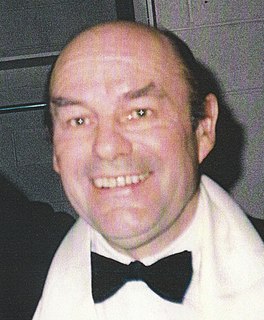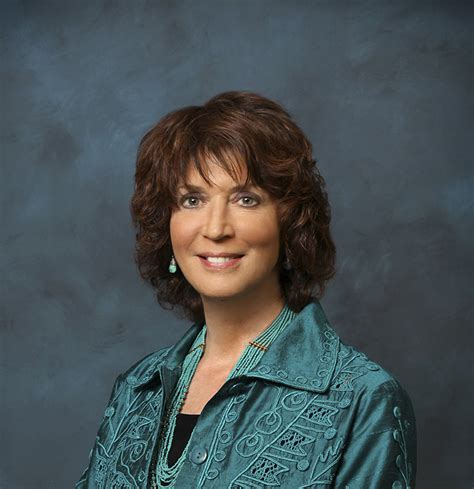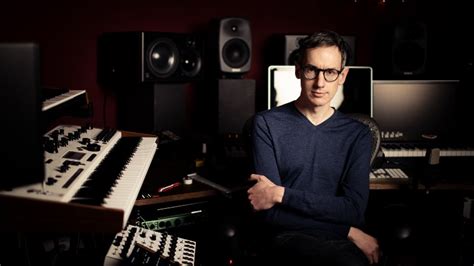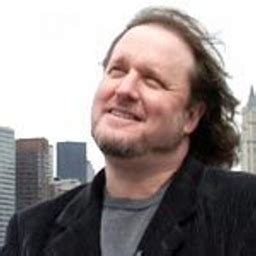A Quote by Leonard Bernstein
Even experimental composers, revolutionary composers, self-styled radicals are, in writing revolutionary music, recognizing the music that preceded them precisely by trying to avoid it.
Quote Topics
Related Quotes
I want young Indian composers to be able to do more than just film music. I want to give them the skills that will enable them to create their own palette of sounds instead of having to write formulaic music. It doesn't matter if they become sound engineers, producers, composers or performers - I want them to be as imaginative as they like.
Revolutionary politics, revolutionary art, and oh, the revolutionary mind, is the dullest thing on earth. When we open a revolutionary review, or read a revolutionary speech, we yawn our heads off. It is true, there is nothing else. Everything is correctly, monotonously, dishearteningly revolutionary. What a stupid word! What a stale fuss!
Composers are influenced by all the important music in their lives - and I suppose that since radio started playing popular music, that's as likely to be The Beatles or Aphex Twin as it is to be Verdi or Ravel. They'd be strange teenagers if they didn't. But cross-pollinating happens too - Aphex Twin did more interesting things with electronic music than most trained composers, who seemed to approach samplers with undue caution and reverence in those early days.
I think, you know, for someone who does play, let's say, old music or, you know, Baroque music or Renaissance music - and you know, and I do play a lot of that, obviously - engaging with new composers, engaging with young composers, is really exciting because it makes me look at people of the past in a very different way that they are also living, that there was a lot of subjectivity in the decisions that they were making.
Whoever sides with the revolutionary people is a revolutionary. Whoever sides with imperialism, feudalism and bureaucrat-capitalism is a counter-revolutionary. Whomever sides with the revolutionary people in words only but acts otherwise is a revolutionary in speech. Whoever sides with the revolutionary people in deed as well as in word is a revolutionary in the full sense.










